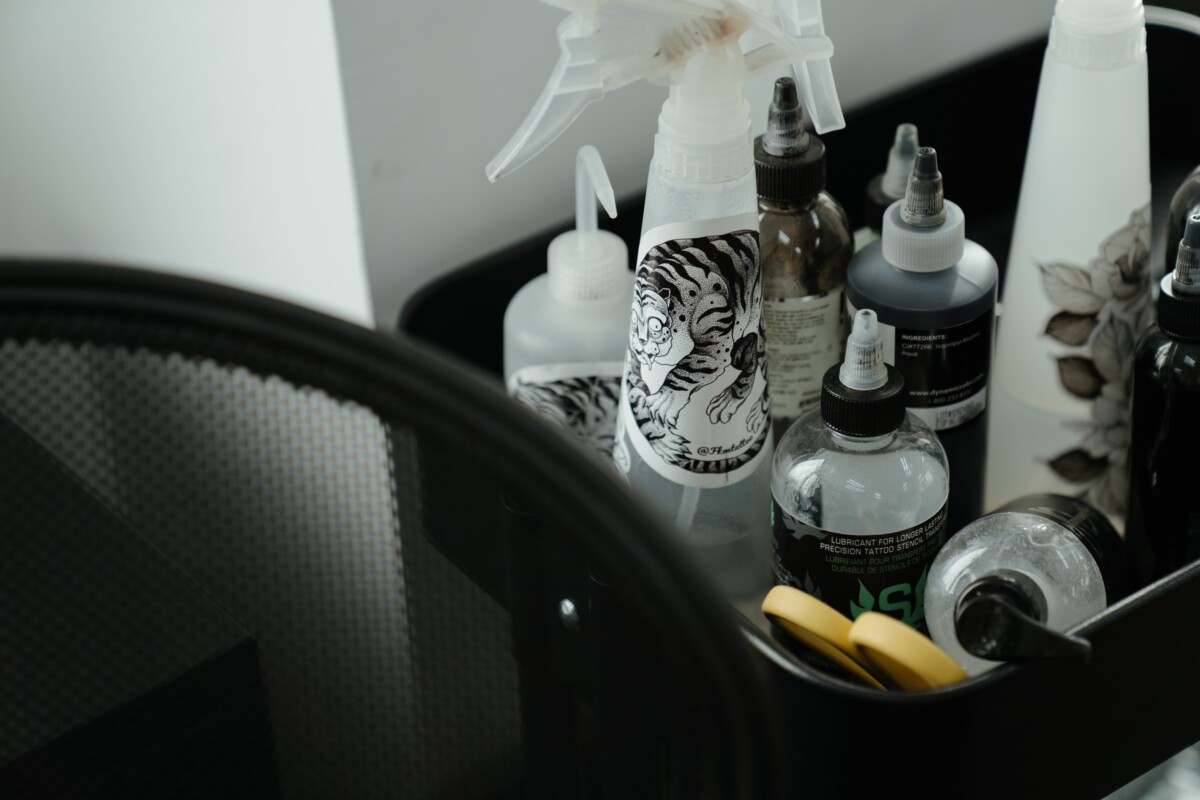In a world increasingly dominated by technology, few fields remain untouched by digital innovation—tattooing is no exception. This form of body art is witnessing a digital renaissance. From advanced design software to client management systems, technology is offering new pathways for creativity and efficiency in the tattooing industry. Let’s take an in-depth look at the various digital tools reshaping this ancient craft.
Design Software: Bringing Concepts to Life
Long gone are the days of rudimentary sketches and doodles on scrap paper. Digital tools like modern design software like Adobe Illustrator and specialized apps like Procreate and InkHunter have taken over the tattoo design landscape. The digital canvas offers artists the freedom to experiment with colors, shapes, and textures, allowing for real-time adjustments that would be time-consuming or impossible to perform on paper. With these platforms, artists can share and edit designs collaboratively, reducing misunderstandings and leading to a more satisfying end result.
Features and Advantages:
- Layering: Artists can work with multiple layers, making it easier to separate different elements of a complex design.
- Zoom and Detail: The zoom feature allows for intricate detailing, ensuring the design meets the client’s specifications.
- Color Testing: Trying out different color schemes is as easy as a few clicks, providing a clearer picture of the final output.
Digital Catalogs: An Endless Repository of Designs
The traditional method of browsing through laminated sheets of flash designs at a tattoo parlor has given way to sophisticated digital catalogs. Tattoo artists can easily update and customize these online portfolios, making it simpler for artists to display their versatility and skill.
Benefits:
- Global Reach: Artists with digital catalogs have more exposure, even worldwide.
- Ease of Updating: Artists can upload new designs in real time, keeping the portfolio fresh and engaging.
- Client Convenience: Customers can browse at their leisure, bookmarking designs and even uploading their own ideas for customization.
Stencil Printers: Precision and Consistency
Accuracy is key in tattooing, and digital stencil printers are revolutionizing this aspect. These printers translate digital designs directly onto stencil paper. This ensures that each detail, no matter how minute, is replicated perfectly.
Why is this a Game-changer?
- Reduced Errors: The chances of human errors—like misplaced lines or incorrect dimensions—are minimized.
- Speed: The preparation time is cut down considerably, allowing artists to focus on the actual tattooing process.
- Consistency: For tattoo series or matching tattoos among multiple people, digital stencil printers guarantee uniformity.
Virtual Reality (VR) and Augmented Reality (AR): A New Perspective
Virtual Reality and Augmented Reality are no longer confined to the realms of gaming and simulation. These technologies allow the artist and the client to preview how a tattoo will look on the body, under different lighting and from various angles.
Future Implications:
- Customization: Real-time edits can be made, ensuring the tattoo fits the contour and texture of the skin perfectly.
- Client Satisfaction: A ‘try-before-you-buy’ approach lowers the risk of dissatisfaction and minimizes expensive and painful removal procedures later on.

Digital Customer Relationship Management (CRM)
A strong client relationship is the backbone of any service industry, tattooing included. CRM tools have made appointment scheduling, consultation, and after-care follow-up more streamlined.
Core Features:
- Automated Reminders: Reduce no-shows and last-minute cancellations.
- Digital Consent Forms: Streamline the legal aspect, ensuring that all necessary disclaimers are understood and signed.
- Online Payments: Makes transactions quick and hassle-free for both parties.
Social Media: Building a Brand
In the digital age, having a social media presence is non-negotiable. Platforms like Instagram and Pinterest have become indispensable marketing tools for tattoo artists. Real-time updates, interactive polls, and live videos engage potential clients, making social media a powerful tool for brand building.
Social Media Strategies:
- Hashtags: Using relevant hashtags can significantly increase visibility.
- Collaborations: Partnering with influencers or other artists can expand your audience reach.
- Client Testimonials: Sharing reviews and before-after pictures adds credibility and attracts new clients.
The Future is Digital
The fusion of technology and tattooing is a match made in artistic heaven. As these digital tools become increasingly sophisticated, artists and tattoo shops in Canggu, Bali who adapt will find themselves at the forefront of a new era in tattooing. Far from diluting the craft’s ancient roots, these digital advancements serve to amplify and elevate it, promising an exciting future for artists and enthusiasts alike.
